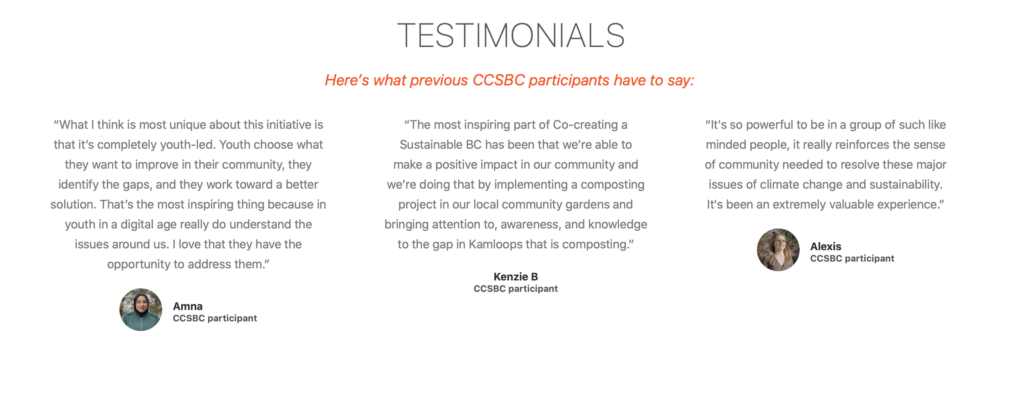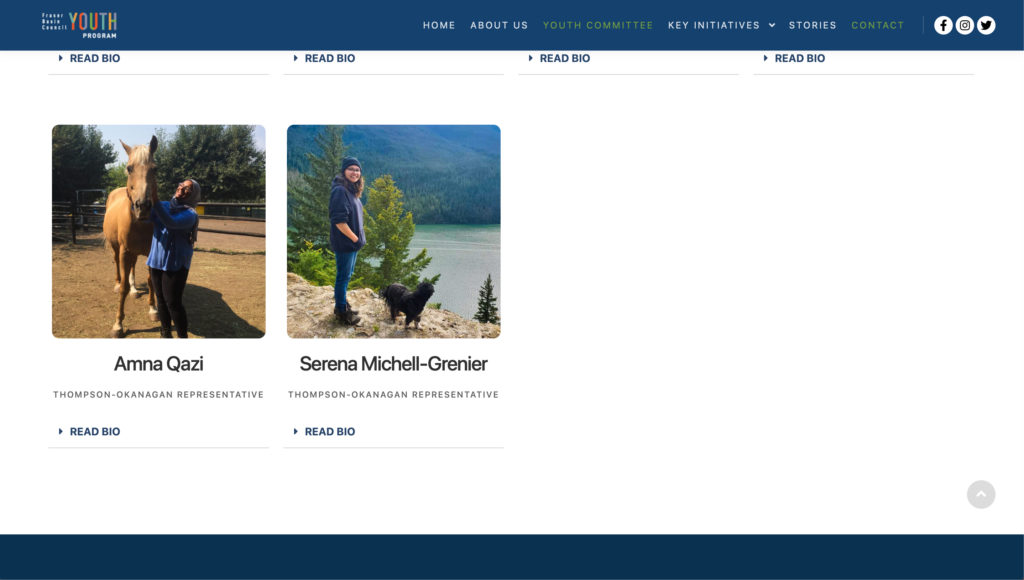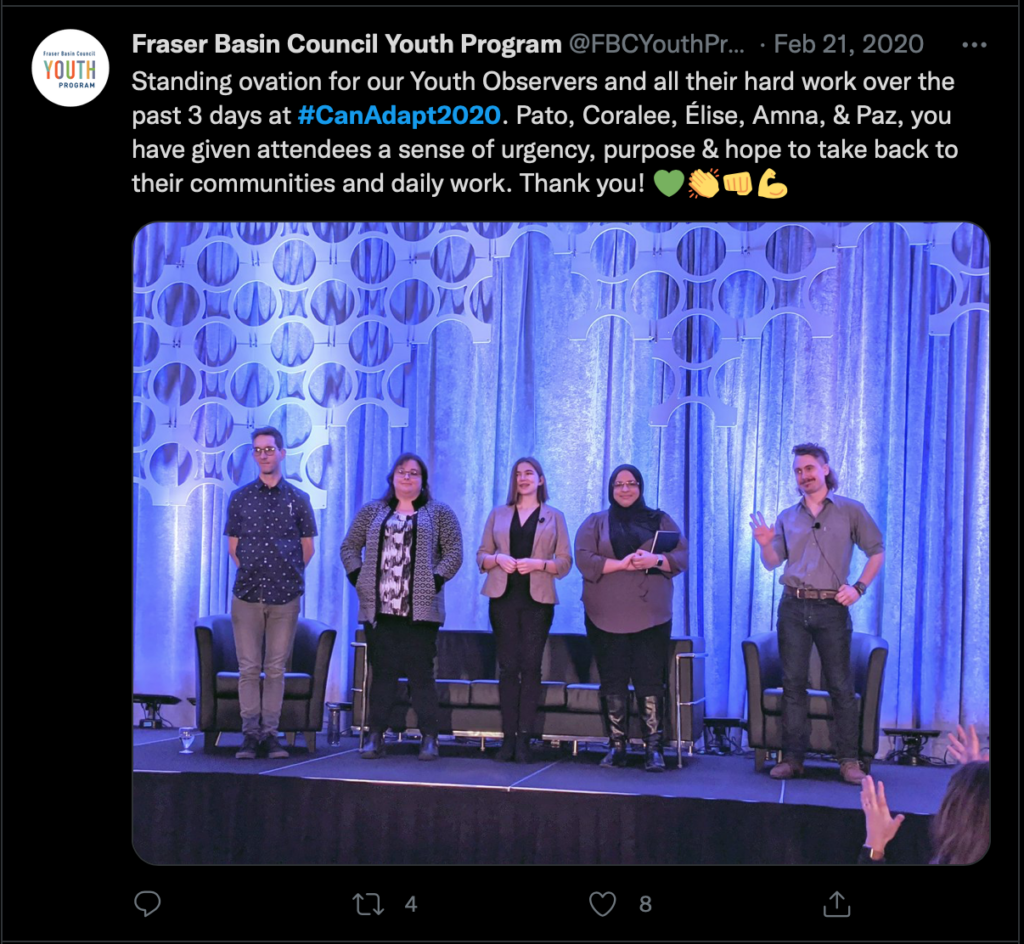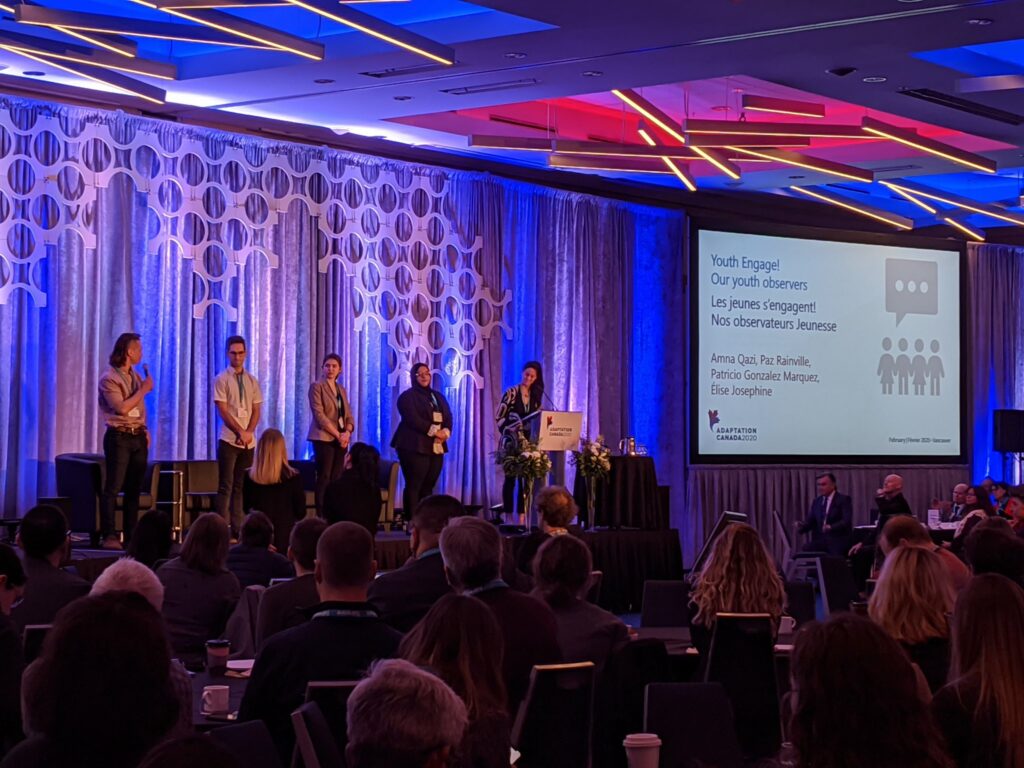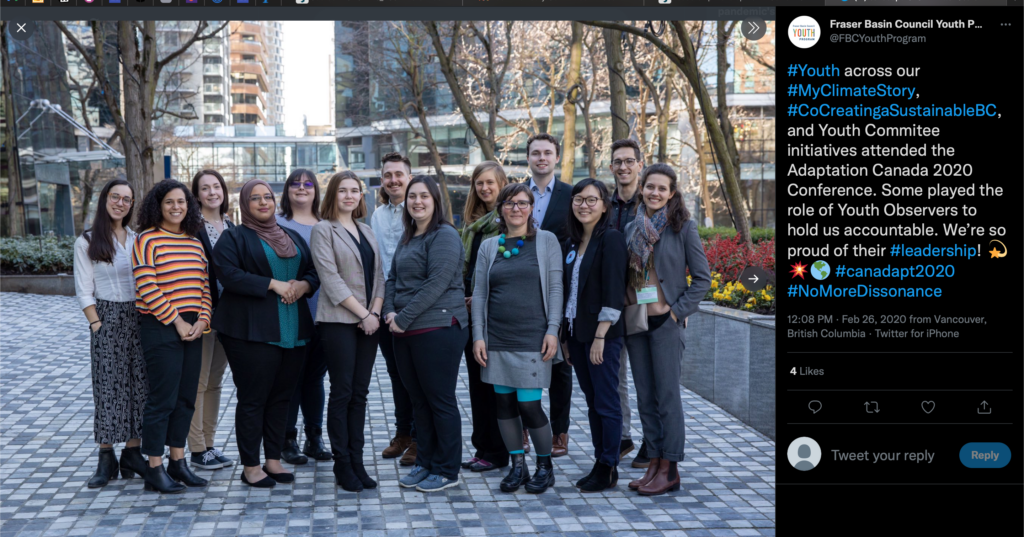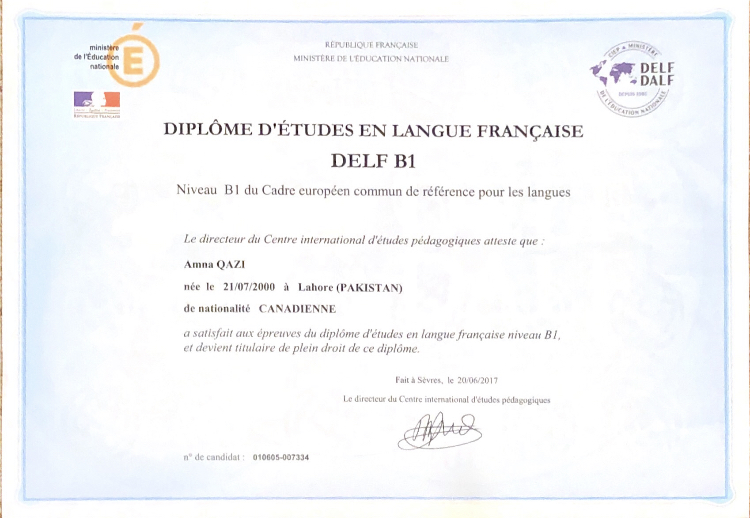I have lived in six cities, three countries, and two continents. It is the most important part of my life story since it informs everything I do and how I treat people. The downside of moving so much is that it is extremely isolating, and wherever I went I had to readjust to fit into what people accepted in that particular culture. In spite of trying my hardest to fit in, I always stood out as the odd one out. Although I first blamed myself, thinking that something about me made people turn away from me, I have since come to realize there is a pronounced lack of understanding of cultures in society, which negatively impacts how we treat folks who are different from us. Due to this, I have dedicated myself to increasing intercultural understanding and anti-racism initiatives in my community.
I was barely a year old when my family and I immigrated to Canada and I had always viewed Canada as my home. I made snow angels in the cold damply fluffy snow in the heart of Winnipeg’s winter and chased autumn leaves as they fell from mighty maple trees in London, Ontario. I started school when I was 4 years old in Canada and immediately was exposed to a phenomenon I had no idea existed; treating people differently based on their ethnic origin. There was a distinct and negative difference in the way my kindergarten teacher treated me and the other children of colour. This combined with the way children would ask me why my skin was so dirty made me want to just disappear into a bucket of whiteness that when I came out of I would be blonde and blue eyed.
We moved one again to Al Ain, UAE. This was a world away from the world I knew. Suddenly the misty winter scene was changed to an expanse of sand dunes and an infinite blue sky holding the largest looking sun I had ever seen. As strange as it may sound to adults, and as strange as it sounds to me upon reflection, I was beyond thrilled that I was surrounded by individuals with skin that looked closer to mine. But, as a kid I hadn’t understood the fact that there is more than just skin colour that exists as a barrier between people. Within a month of moving there I realized that I was once again the odd one out and within a year of moving I understood why; because although I shared skin colour and religion with the other children, I did not share the same language or culture. Throughout my time in the UAE I worked hard to assimilate. I learnt how to speak Arabic, I adopted mannerisms and customs to feel like I belonged. But no matter what, I remained in the doorway of acceptance.
I moved back to Canada when I was 12 years old. I had a hope that coming home, I would stop feeling like an outsider; I did not. On the first day of school, the teacher introduced me as a newcomer to Canada and asked people to please keep in mind that I may not speak English or that I may not understand Canadian society. Despite having moved away from Canada, I remained a Canadian citizen and English remained my first language. This trend of being treated like an outsider in a country I called home continued and still continues. What has changed is my ability to understand this phenomenon and my ability to help others understand.
Before I started as an Intercultural Storyteller, I thought that these experiences were only my own. That no one else could have experienced the same and that they held no value. Through my role, I have learnt the academic side of global competency, intercultural communication and understanding, and anti-racism work. Learning the research and literature background helped validate my experiences and taught me how to take a proactive stance in educating others about the most appropriate methods of intercultural communication to prevent other people from experiencing the alienation I had. I am so lucky to have a platform like TRU StudentLife where I get to explore these topics and help students understand a diverse point of view.
As I entered nursing, I didn’t realize how much my course work would help me bridge the gap between health and culture. I have been able to connect how experiences relating to immigration, culture, racism, and colonization have direct impacts on health by taking health care ethics, health promotion, and Indigenous health courses. Again, I had thought that these issues were isolated to myself and people I knew. I didn’t realize that they occur on a large scale and that there was academic backing to these experiences. Moreover, I didn’t realize I could take actions to help prevent or mitigate the effects that cultural determinants of health have on communities.
My global competency is based on a combination of personal and professional experiences. Being an intercultural story teller has introduced me to so many theories and scholarly sources that both validate my experiences and expand my knowledge. Previously, I found it hard to discuss the importance of being culturally or globally competent as I thought that personal experiences weren’t valid forms of learning. I also did not have knowledge of the fact that people actively work to research and accumulate information on how to make universities, workplaces, and schools more inclusive. Now that I understand that there is an art to putting out messaging around how to develop intercultural competencies, I can perform better in my storytelling role. Learning about how cultural determinants of health relate to the quality of healthcare that people receive has been really important to me because I can empathize with patients of diverse backgrounds while cementing the culturally competent care I provide in evidence-based practice. As I move through my career as a nurse, I really want to focus on overcoming barriers to health equity on a systems level. This is why I lean towards public health as a specialty since I can use my role to increase newcomers’ understandings of the health care system. By helping people understand the system they are coming into, you are able to empower them to better advocate for themselves. Being multilingual has increased my understanding of the world astronomically. Each language has differences in expressions and idioms which inform you of the culture they are associated with. Learning to speak a range of languages has given me a deeper look into how people communicate around the world.



